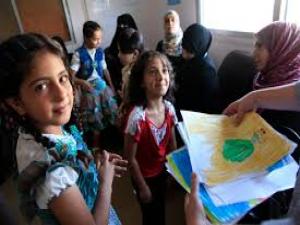
By Rebecca Black, PA
Many people from minority ethnic communities in Northern Ireland are struggling to access health services, a Westminster committee has heard.
Representatives of migrant, refugee and the traveller communities raised issues to a meeting of the Northern Ireland Affairs Committee on Wednesday.
It came as the committee started a new inquiry into the experience of Northern Ireland’s minority ethnic and migrant communities.
Many people from minority ethnic communities in Northern Ireland are struggling to access health services, a Westminster committee has heard.https://t.co/YBv6jy2FSO
— Q Radio News (@qnewsdesk) September 8, 2021
Breidge McPherson, an advocacy worker at the women’s centre in Londonderry, raised a case of an Arabic-speaking family that struggled to access GP services, explaining that she went to their house last week to find a man unresponsive on the floor.
“Paramedics had to be called and it was a life-threatening situation, he is still in hospital now,” she told MPs.
“Even in getting to hospital, he has never seen an interpreter, his family are not being kept updated, he’s never been offered halal food and I think you can safely say there was a total breakdown in the system.”
Around 1,900 Syrian refugees have settled in Northern Ireland since 2015 under Vulnerable Persons’ Resettlement Scheme (VPRS).
She described Syrian families being placed in “old, mid-terrace, low-level, poor housing stock managed by private landlords with huge rents”.
“They’re trapped within a system of poverty and trauma, and their access to healthcare is abysmal to put it mildly,” she told MPs.
She described Northern Ireland as the only place in the UK without a refugee integration strategy.
Ms McPherson said people in severe need of medical care and survivors of torture and violence were struggling to access healthcare due to language barriers and a lack of understanding of the health system in Northern Ireland.
“There is a myriad, a maze, a ball of problems there before you ever get to see a GP,” she said, adding those in Londonderry are “doubly disadvantaged” with “everything Belfast-centric”.
“The people that are dealing with all this are in Belfast, and the people who are suffering on a day-to-day basis from lack of care and attention are not being heard at all.”
Kendall Bousquet of the Migrant Centre NI described most of the race-hate crime as a “big problem in Northern Ireland”.
She described most incidents as were “low level but still very distressing” such as street harassment and anti-social behaviour but also higher level, potentially life-threatening incidents such as the burning of the Belfast Multicultural Association building earlier this year.
There are also “pre-emptive” attacks on Housing Executive properties with racist slogans to “deter ethnic minority families from moving in”, she added.
Asked whether such attacks were more common in predominantly unionist/Protestant areas or nationalist/Catholic, Ms Bousquet said they happened where housing stock is available.
She said most attacks against eastern European communities tended to be in unionist/Protestant areas, while the majority of attacks against travellers were in national/Catholic areas.
Ms Bousquet told MPs she believes there is a “lack of political will” at Stormont to not only produce strategies but to make strategies “actionable”.
“We have been seeing in the sector a real crisis of resourcing in recent years and that translates, I think, directly to a lack of political will,” she said.
Caroline Coleman of the Craigavon Traveller’s Support Community revealed that due to funding cuts over the past 10 years, her organisation is now the only independent advocacy group for the traveller community.
While primarily based in the Craigavon, Banbridge and Lurgan areas, she said it has extended in recent years due to the lack of support organisations.
She raised a lack of knowledge about the community, pointing out that the most recent statistics date to 2010
“We don’t know the size of the population, the census figures were absolutely no reflection of the community that we work with and partly that was because of the literacy issues, which extended in this recent census into IT issues,” she said.
“Most travellers I know don’t have access to the internet so they are automatically excluded from so many processes.
“Ten years ago we knew that 1% of travellers lived to be 65, I don’t if that has changed because we don’t collate the data.”
Ms Coleman raised the different approaches in the different health trusts, and pushed for a government-led strategy to deal with traveller inequalities similar to what exists in Scotland, Wales and the Republic of Ireland.
“We have gone beyond the expectation that Stormont might do something about this, it’s not a popular issue unfortunately and I would like to see Westminster legislating for change,” she added.
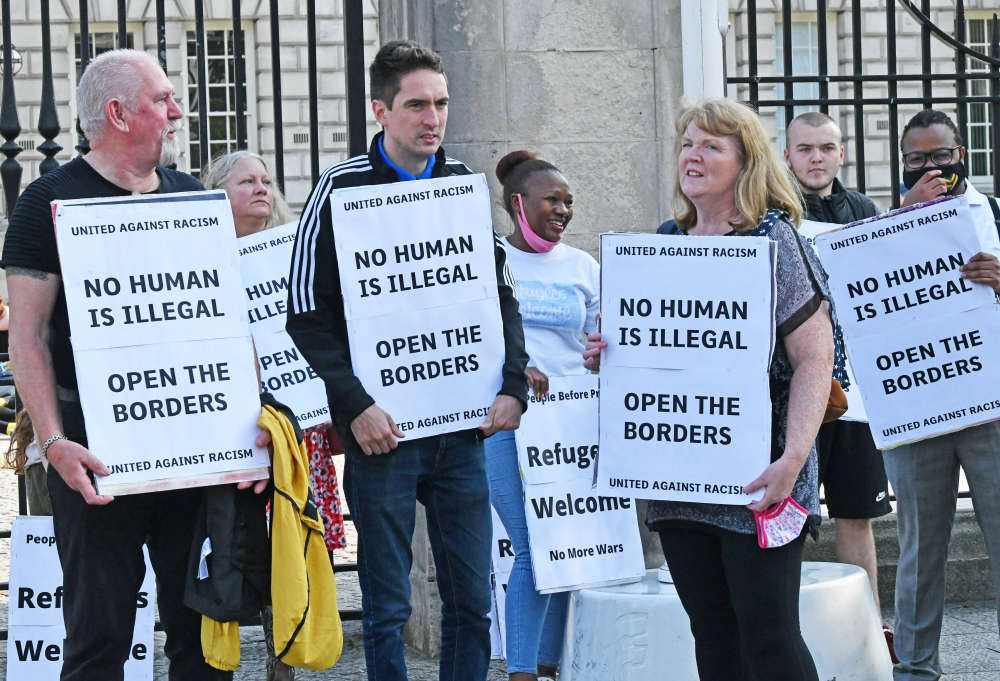


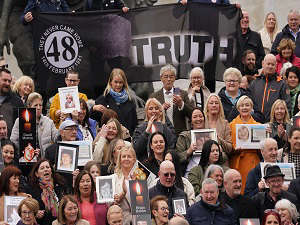 Calls for State apology for Stardust families after unlawful killing verdicts
Calls for State apology for Stardust families after unlawful killing verdicts
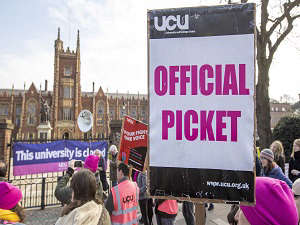 Lecturers to end industrial action after accepting pay offer
Lecturers to end industrial action after accepting pay offer
 Range of views on proposed smoking ban – Little-Pengelly
Range of views on proposed smoking ban – Little-Pengelly
 Opera director to use £5,000 award for projects to help vulnerable and homeless
Opera director to use £5,000 award for projects to help vulnerable and homeless
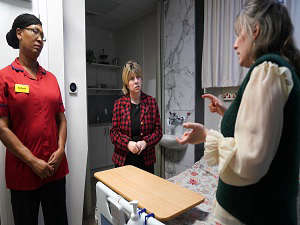 Ministers pledge to work together on baby loss certificate scheme
Ministers pledge to work together on baby loss certificate scheme